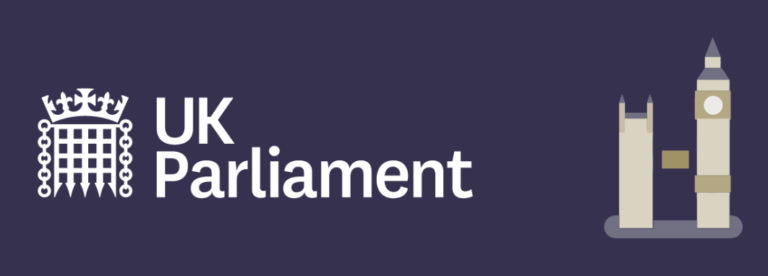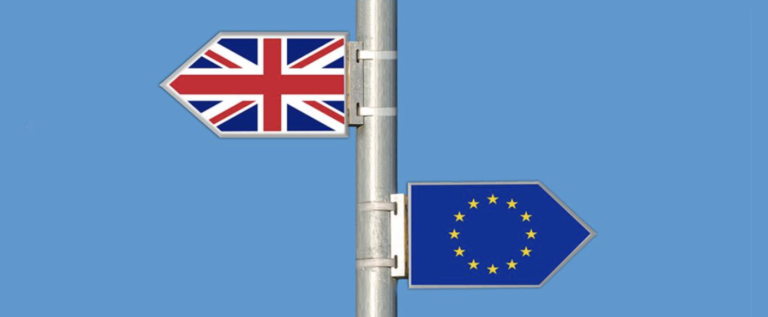Image from undp.org
Corruption is a pervasive issue that plagues societies around the world, undermining trust in institutions, hindering economic growth, and eroding the rule of law. In the United Kingdom, efforts to combat corruption have been ongoing, with various anti-corruption measures implemented to tackle financial crimes and bribery.
The UK Anti-Corruption Strategy
The UK government has taken a proactive approach to combatting corruption through its Anti-Corruption Strategy, which outlines a comprehensive framework to prevent, detect, and prosecute corruption. The strategy focuses on key areas such as transparency, accountability, and enforcement to address the root causes of corruption.
Transparency and Accountability
Transparency International’s Corruption Perceptions Index ranks the UK as one of the least corrupt countries in the world. However, recent scandals such as the Panama Papers leak have highlighted the need for greater transparency and accountability in financial transactions. The UK government has introduced measures such as the Beneficial Ownership Register, which requires companies to disclose their ultimate owners to prevent money laundering and tax evasion.
Enforcement and Prosecution
The UK’s enforcement agencies, such as the Serious Fraud Office (SFO) and the National Crime Agency (NCA), play a crucial role in investigating and prosecuting financial crimes and bribery. Recent high-profile cases, such as the Rolls-Royce bribery scandal, have resulted in significant fines and penalties for companies involved in corrupt practices.
International Cooperation
Corruption is a global issue that requires international cooperation to effectively combat. The UK has been actively involved in initiatives such as the G20 Anti-Corruption Working Group and the OECD Anti-Bribery Convention to promote anti-corruption measures on a global scale.
Case Study: Unaoil Scandal
The Unaoil scandal, which involved a global network of bribery and corruption in the oil and gas industry, was uncovered through a collaborative effort between UK and international law enforcement agencies. The investigation led to multiple convictions and significant fines for the companies involved, demonstrating the importance of international cooperation in fighting corruption.
Conclusion
Anti-corruption measures are essential in safeguarding the integrity of financial systems and upholding the rule of law. The UK’s Anti-Corruption Strategy, coupled with international cooperation and enforcement efforts, plays a crucial role in combating financial crimes and bribery. By promoting transparency, accountability, and collaboration, we can work towards a more just and equitable society free from corruption.































+ There are no comments
Add yours